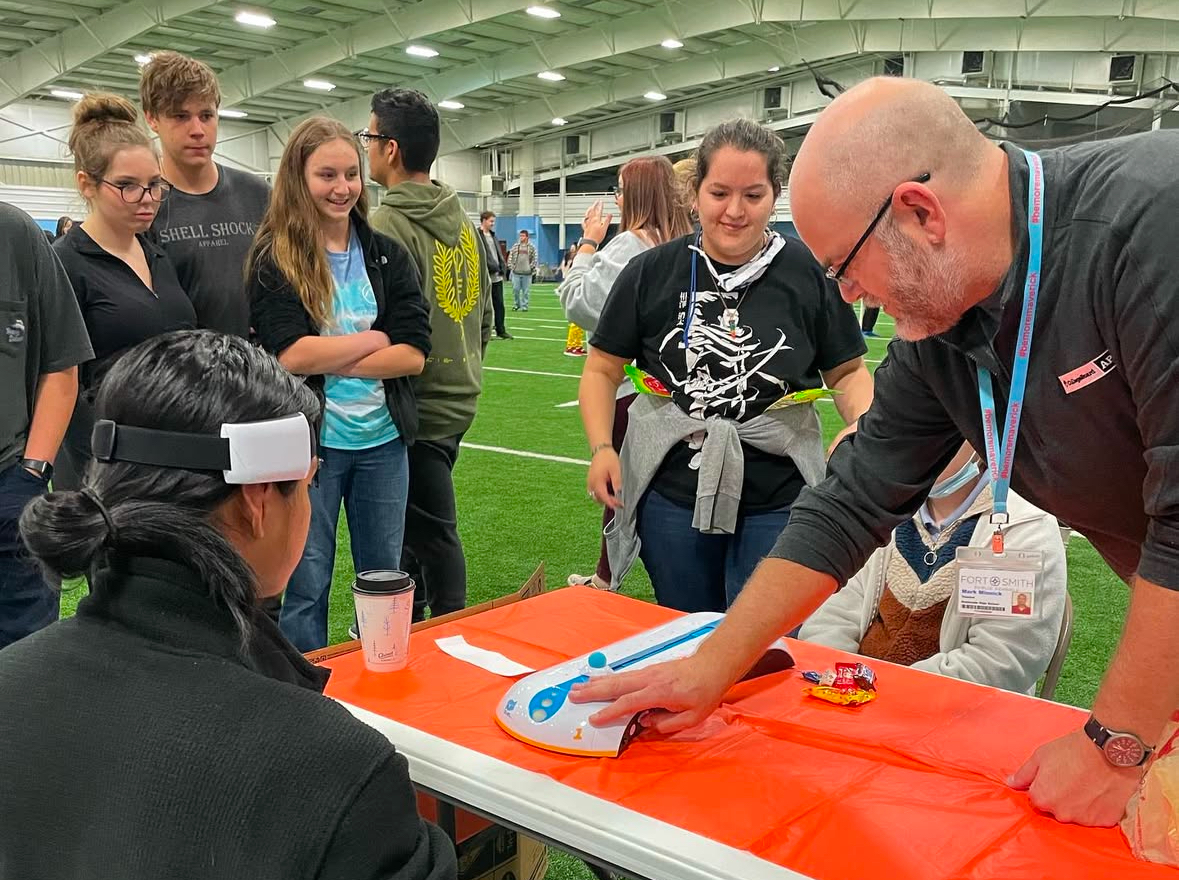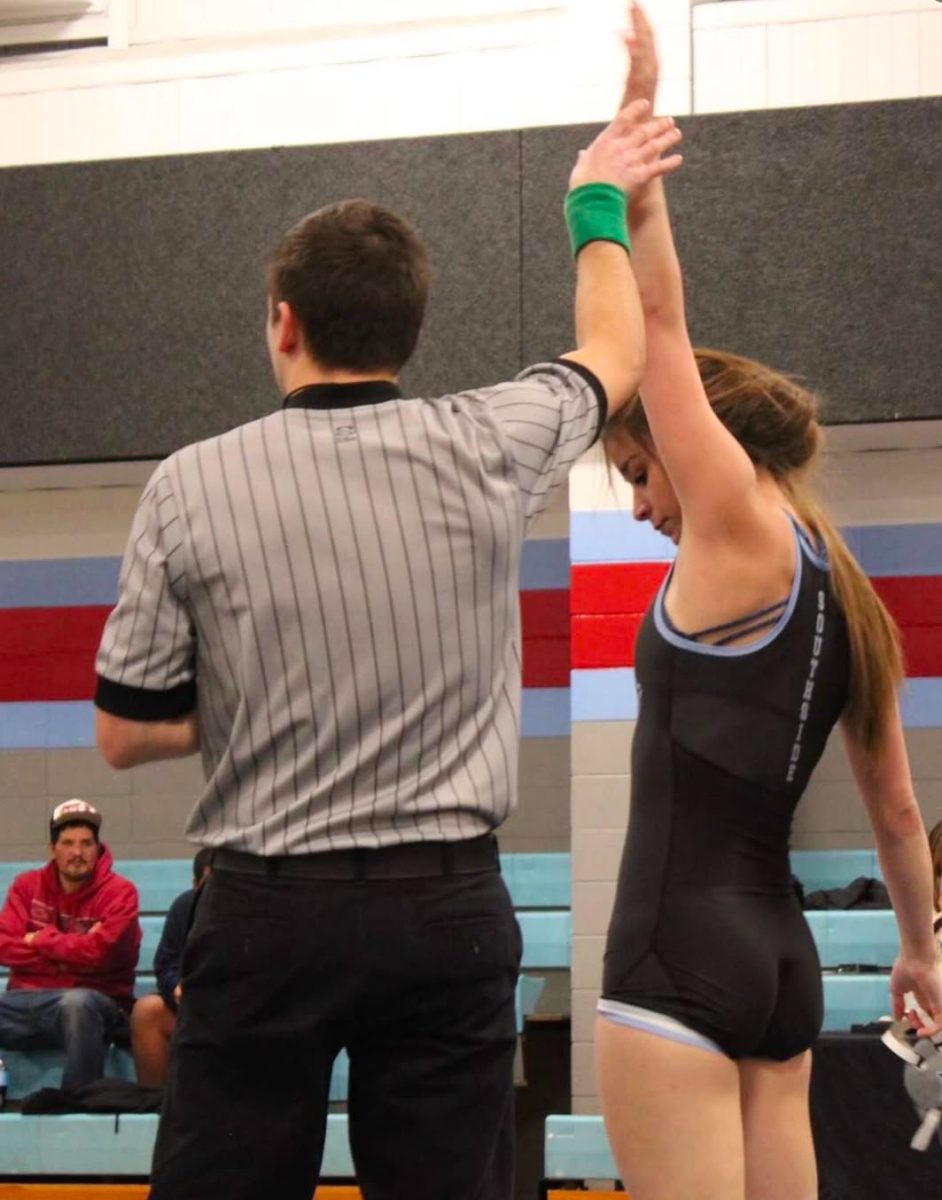Mr. Mark Minnick is a teacher here at Southside. He teaches AP Psychology, Intro to Psychology, and civics.
“Generally just spending time with students is probably the best thing. But I hate grading papers and teachers’ meetings, but when I’m in my classroom, doing stuff with my students, that’s what I like to do. I don’t like it when I’m just sitting there working. That’s no fun.”
“My teaching style depends on what class. I teach civics completely differently than I teach AP Psych, and I teach AP Psych completely differently than I teach Intro to Psych. For example, we probably do significantly more basic, lower level almost worksheet assignments in civics because that’s a required class that everyone has to be able to pass. Compared to AP Psych, we don’t ever do that stuff. We do more demonstrations or have interactive lectures and so on.”
“If I think about psychology, which is the main subject I teach, …it pertains to everything that we ever do. We all deal with people and we also need to understand ourselves, and that’s what psychology is. That’s not what I studied in college. That’s not what I thought I was going to teach, but once I started teaching that, it became more and more apparent that this is something that I really do believe everyone should learn at one point,” says Mr. Minnick on the importance of the subjects he teaches, “Civics, I think, is a little bit different. It’s more something that people need to know, which is a good argument for it being a required class. You need to understand how this country works with things like voting rights and that kind of stuff because if you’re gonna live here, you need to have a basic understanding of the systems and policies that are in place.”
“It’s going to help them be more prepared for college whether or not they pass the test. They’re going to have a better sense of this is the level they need to be at. This is what they need to be able to do,” says Mr. Minnick about the importance of AP classes.
“I think it makes you a better person. I think when we understand things, we don’t just accept things that easily like ‘okay, you just told me this.’ And that’s the thing, when we actually understand things, we make better, more informed decisions. We act in more moral ways. It just makes people better to have more education. That doesn’t mean it has to be formal education, I think there’s lots of ways to be educated without necessarily lots and lots of formal education. So for example, not everyone has to be college educated, …but I think the people that are going to suffer and the people that are going to struggle are the people who stopped learning things,” says Mr. Minnick on the importance of education.








